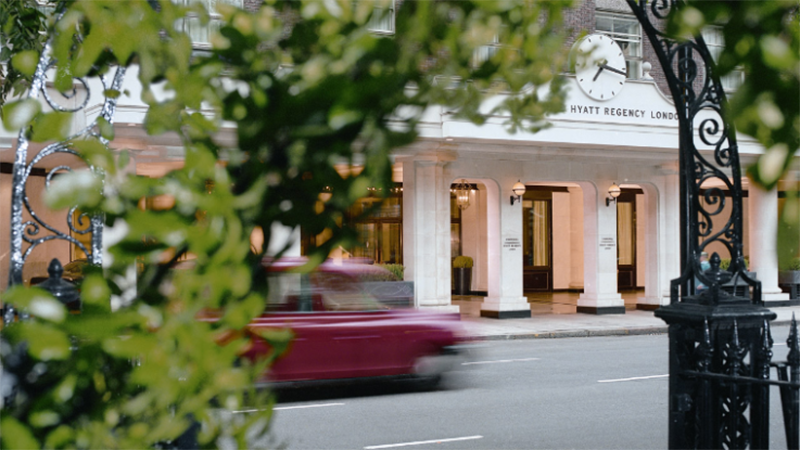A new study from STR shows that European hotel markets stabilized their performance within roughly three months following a terror attack. The study analyzed four instances where a major European market was attacked by terrorists, including the 2004 train bombings in Madrid, Spain. The other markets in the analysis were London; Paris; and Brussels, Belgium.
One of the key findings of the report was that terror attacks in these markets had a greater impact on occupancy than on average daily rate, with one of the best examples coming from the attacks on London in 2005. Hotels there experienced average year-over-year rate growth of 3.2 percent in the three months following attacks to the city's transit system on July 7, while occupancy dropped 15.1 percent, 5.2 percent and 1.9 percent over the subsequent three months before increasing 1 percent in November.
Analysts at STR noted that hotels are not advised to recover lost occupancy during these periods through lowering rates because travelers are likely to avoid affected markets regardless of price. For example, the 2004 train bombings in Madrid resulted in a 12.7-percent drop in occupancy for the month of April, followed by two months of 7.2 percent and 7.5 percent reductions, respectively, before recovering slightly in July with a 5.5-percent drop. Meanwhile, the market's ADR similarly suffered, seeing a 7.4-percent decrease in April followed by an average decrease of 13.5 percent over the following three months.

The three-month recovery pattern for occupancy was much the same for Paris following the November 2015 attacks. Three months of decreases averaging 13.1 percent gave way to an absolute occupancy level of 71.7 percent for March 2016, just 4.8 percent lower than the same month in 2015. Paris' ADR fell 1.8 percent between December and February before reaching -0.4 percent in March, the smallest RevPAR decline Paris had seen since November 2015, indicating the market may be recovering. These results created a 5.2-percent year-over-year decline in revenue per available room for the market.
STR's analysts said it was still too early to fully dissect the situation in Brussels, which was also already heavily affected by the November attacks on Paris. Following the government's lockdown of Brussels from Nov. 21-25, the market's occupancy declined by double digits for 16 consecutive days, falling an estimated 62.6 percent. Between November and January, Brussels posted an average monthly occupancy decline of 17 percent, and in February occupancy was down just 2.3 percent, indicating it may have been recovering from the attacks in Paris. ADR during this period fluctuated, but grew favorably in year-over-year comparisons for four months.
After the attacks on March 22, however, Brussels' occupancy dropped 19.6 percent to 57.7 percent for the month. The market's average March occupancy level hangs around 68.7 percent, making this a notable drop. However, ADR remained positive and in line with historic levels. Brussels' lowest absolute occupancy level was recorded on March 28, 2016, down 72.6 percent to 19.5 percent, and ADR for the day was down 18.2 percent.
Britain's bosses aren't really saying what the impact of #Brexit would be https://t.co/cnwlwSrU2t pic.twitter.com/4qPWXOoYCr
— Bloomberg (@business) May 3, 2016
The numbers show positivity exists for markets affected by terror attacks, but the degree to which they affect a market cannot be overstated. For example, luxury hotels in London recorded their worst occupancy since the global recession in 2009 with only 65 percent occupancy in the first three months of 2016. This could be the result of the attacks on Paris or fears of Britain's exit from the European Union, but security concerns are playing a part in keeping these hotels from filling up.
